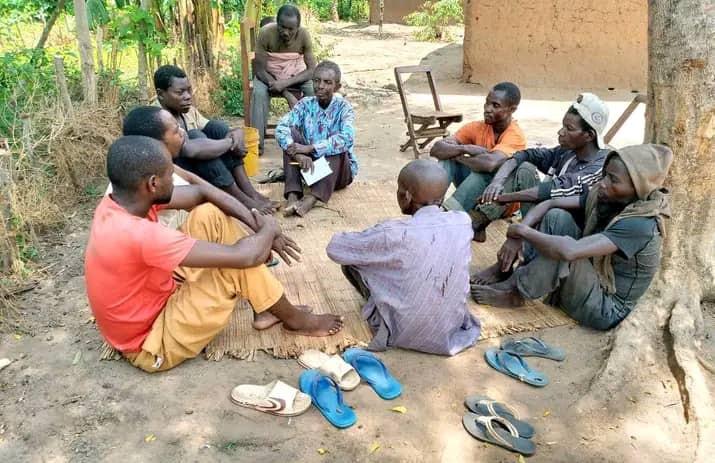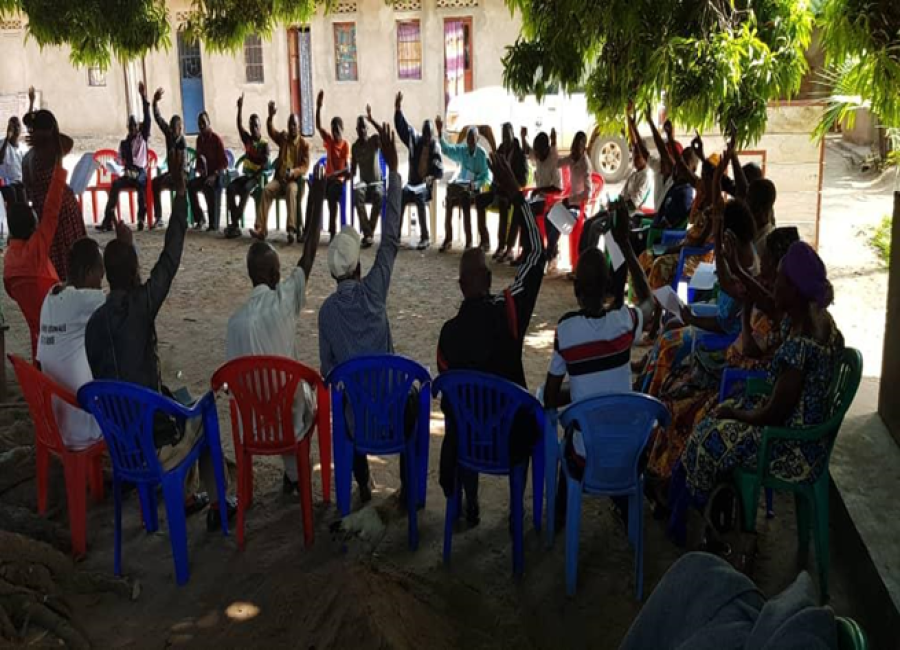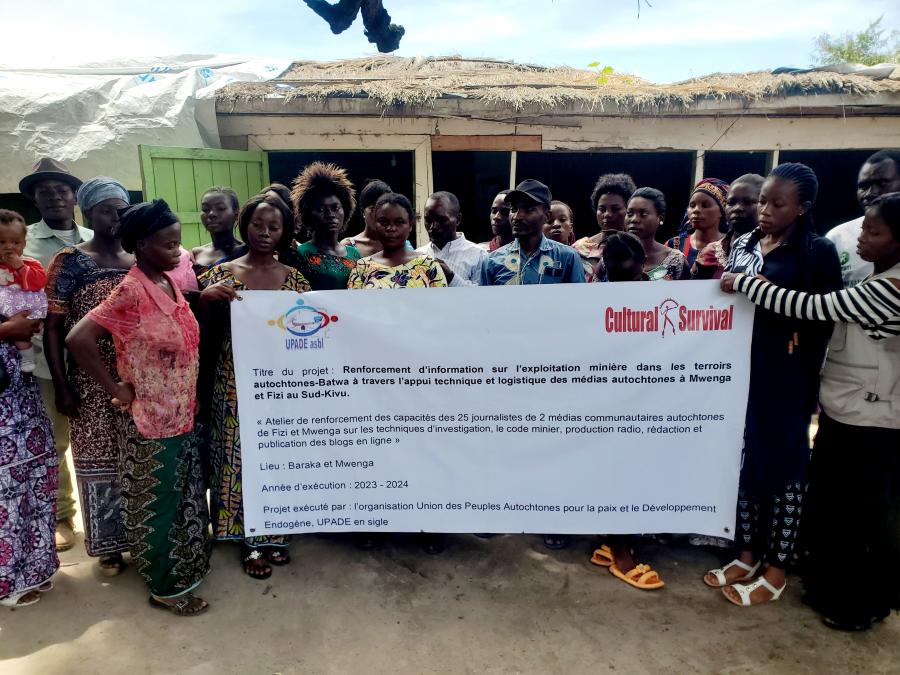
By Pardo Mwetaminwa, UPADE Coordinator
A surge in foreign mining operations in the Fizi territory of the Democratic Republic of Congo is causing growing hardship for local communities, particularly the Indigenous Batwa People. Traditionally reliant on farming, the Batwa are being displaced from their lands without adequate compensation or consultation.
"Life is exceedingly difficult," said community representative Bobasha Banyakwa. "We no longer have any places to farm. Those who took our land have given us nothing in return. While there were agreements between the government and these mining circles, we Batwa were neither consulted nor included in the negotiations."
Concerns that mining companies are not adhering to legal and environmental standards worsen the situation. Human rights defender Janvier Lokele emphasized the need to respect laws such as the mining code, land law, forestry code, and agricultural code to prevent rights violations and protect the environment. He called on the Congolese government and humanitarian organizations to mobilize to ensure Batwas’ rights are respected.
In response to these concerns, the Artisanal and Small-Scale Mining Assistance and Support Service has urged mining operators and cooperatives to honor their commitments to local communities.
Meanwhile, a group of Indigenous women, left without arable land due to mining activities, have turned to microloans from the Union of Indigenous Peoples for Peace and Endogenous Development to regain their economic independence. They believe that economic empowerment reduces domestic violence and helps mitigate social inequalities caused by the mining boom.
This situation of the Batwa underscores the complex challenges faced by Indigenous communities in resource-rich regions. The influx of foreign mining companies, while potentially beneficial for the national economy, can have devastating consequences for local populations, particularly those who are marginalized and lack a strong voice in decision-making processes.
It is imperative for governments and corporations to balance the potential benefits of the mining boom with the rights and well being of these communities and ensure that they are not left behind in the rush for resource extraction.
In 2023, UPADE-Radio Communautaire d'Itombwe (RCI), received a grant from Cultural Survival’s Indigenous Community Fund, which provides opportunities for international Indigenous radio stations to strengthen their infrastructure and broadcast systems and creates training opportunities for journalism, broadcasting, audio editing, technical skills, and more for radio journalists from Indigenous communities around the world. In 2023, the Indigenous Community Media Fund supported communities with 60 grants totaling $420,000 to Indigenous community media in 20 countries, supporting 87 Indigenous Peoples.


